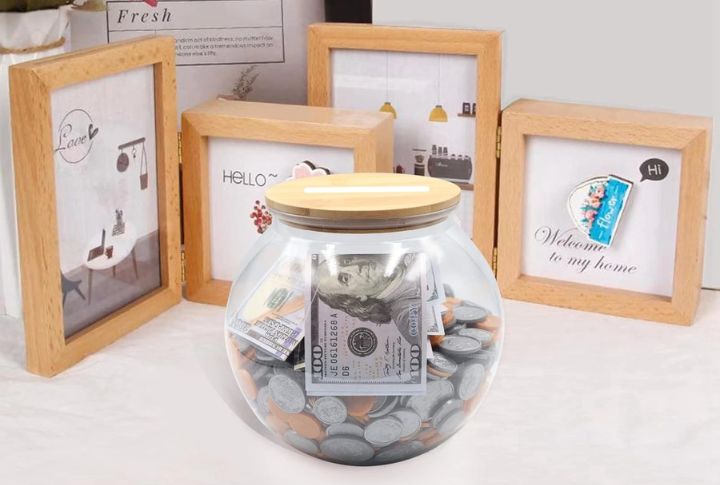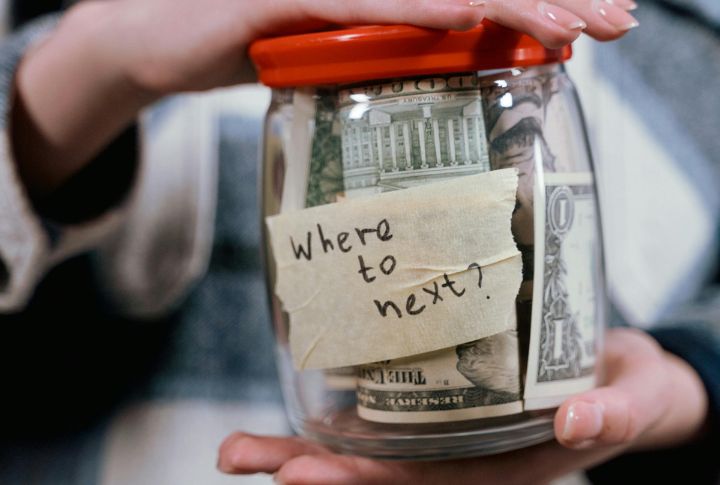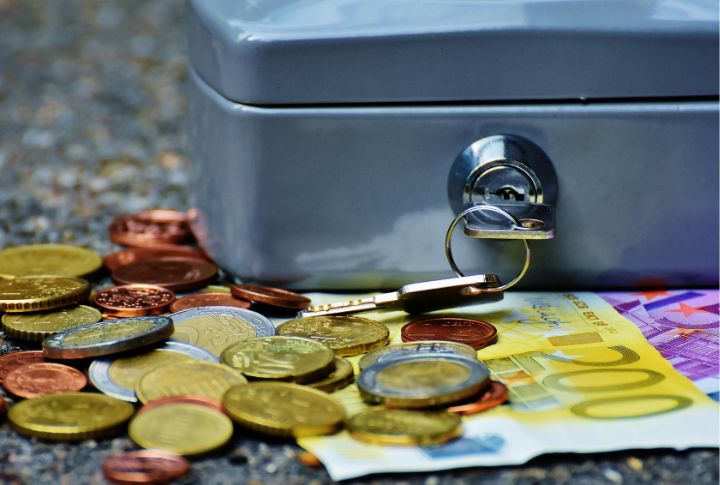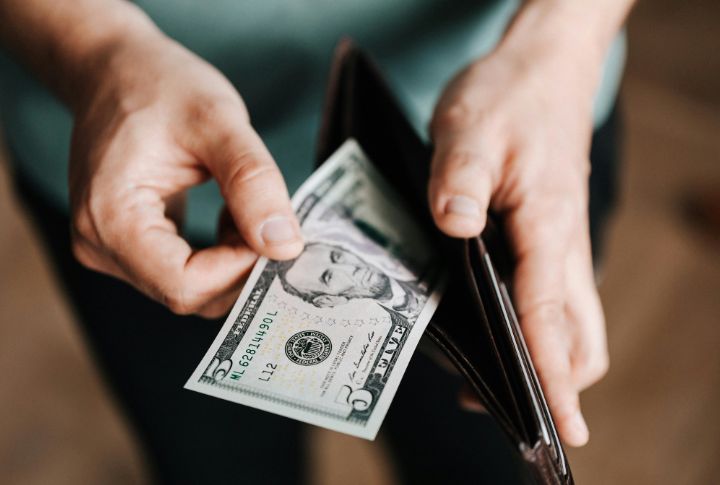
You might not remember the last time you paid with paper. Digital wallets have replaced folded bills, and convenience has quietly rewritten how we see money. But underneath the technology, something simple remains valuable. There’s a reason people still keep a few notes with them. Why? Let’s unpack the surprising importance of cash in a world that’s racing to forget it.
It’s A Backup

Just like you’d keep a spare tire for emergencies, having cash at home gives you an instant backup when systems fail. It’s a simple safety net that works even when digital payments can’t. Authorities and aid groups worldwide still recognize cash as one of the most reliable tools during any crisis.
Has Been Helpful During Past Crises

When the COVID-19 pandemic disrupted economies worldwide, people quickly learned the value of having cash available. While many governments provided digital cash transfers to support households, families who already had small savings or physical cash reserves handled the crisis with less stress and more financial stability.
Cash During Power Outages

When major power outages struck parts of Spain, card readers and ATMs went offline instantly. But people who had a little cash on hand could still buy essentials and support local shops. That’s why it’s recommended to keep some small bills at home for when everything else goes dark.
How Much Cash To Keep

Start simple by setting aside about $75–$110 per household member. Break it into smaller bills so it’s easier to use during an emergency. Store it safely at home, and you’ll avoid rushing to the ATM when everyone else is trying to do the same.
Global Cash Preparedness

Japan’s disaster manuals suggest keeping small bills in waterproof containers—an idea that’s now common worldwide. In the U.S., emergency agencies give similar advice to remind people that power failures and natural disasters can knock out electronic payments instantly. A little preparation today can make tomorrow’s recovery easier.
Safe Ways To Store Cash

Fireproof and waterproof containers are the go-to choice for protecting cash from damage. Some people take it further, using diversion safes shaped like household items or securing bills in discreet wall compartments. The key is keeping money safe yet accessible in an emergency.
Impact On The Economy

Economists view home cash storage as a trade-off. While it slows spending in the short term, it helps households weather shocks without putting them in debt. That self-sufficiency supports steadier demand once normal conditions return and softens the impact of wider disruptions.
Cash Vs. Digital Payments

Digital systems work flawlessly, until they don’t. And cash fills that gap when technology stumbles. It doesn’t need a signal, battery, or connection to hold its worth. That simple reliability is why both forms of payment matter, each covering what the other can’t.
Cash For Future Challenges

Modern crises are increasingly system-based rather than location-based. Cyberattacks can paralyze financial networks across continents, while extreme weather damages infrastructure that supports power and communication. These overlapping disruptions show how fragile digital dependence can be, often affecting millions within hours.
How To Actually Start Saving Cash

Building a cash reserve doesn’t have to feel overwhelming. Set a small goal, save steadily, and store your bills in clearly marked envelopes or containers. Over time, that simple preparation really does pay off and makes you more confident about your future.
